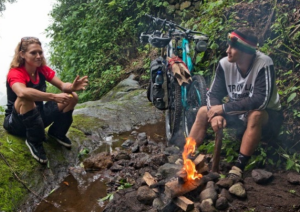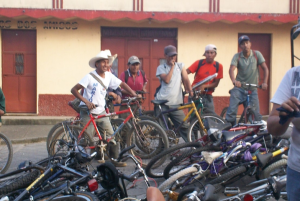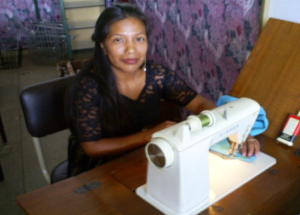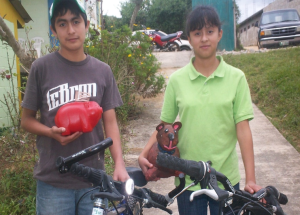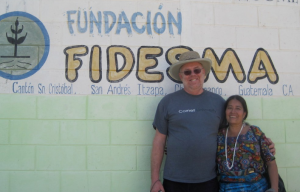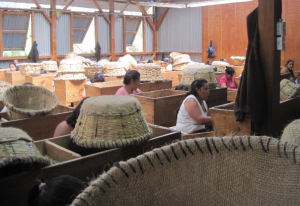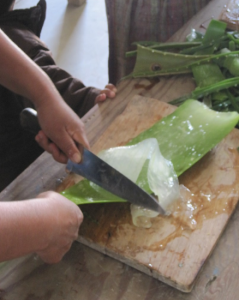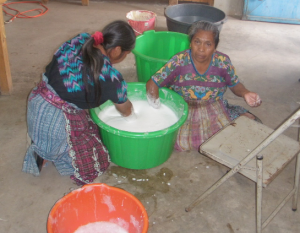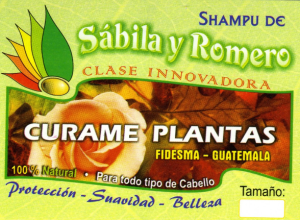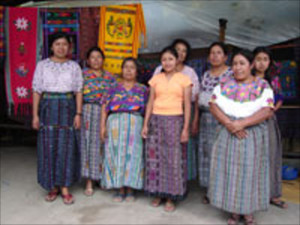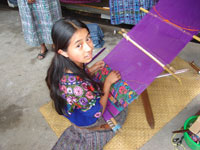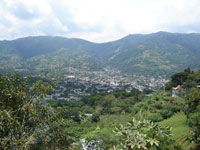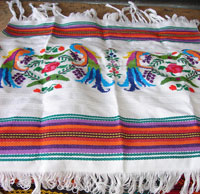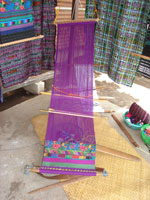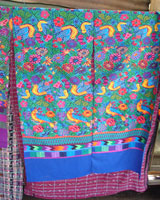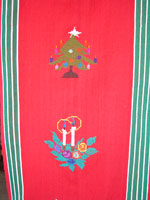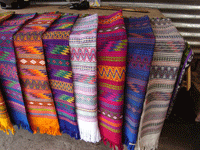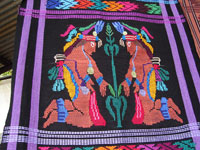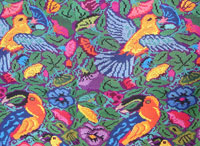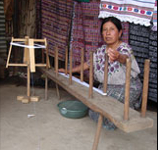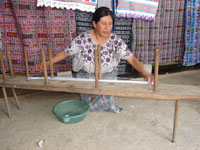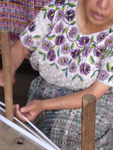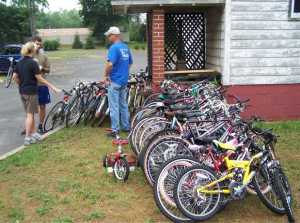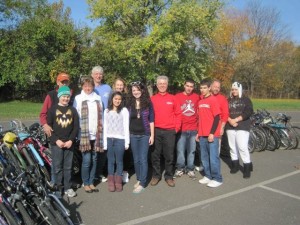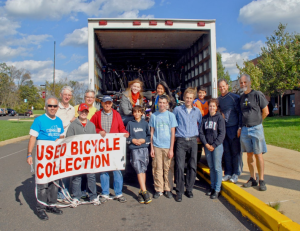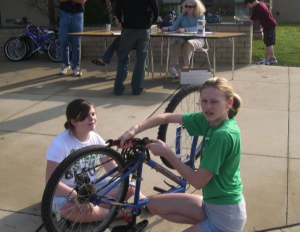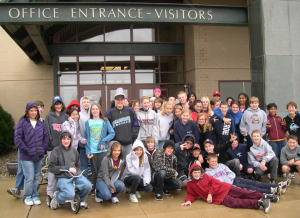by Patricia Hamill
Winter 2012 InGear
When asked to think about ranches and cowboys, many Americans picture John Wayne charging after rustlers or even James Stewart riding easily along, bell gently ringing as it swings from his saddle horn. Some think about modern ranchers using helicopters to move the herds and blocking off watering holes to force the animals (and local wildlife) to move to new sources of water and grazing. The first is not accurate, the second, disruptive and wasteful. But do we think at all about cowboys outside of North America? In fact, there are choices that ranchers and cowboys in Nicaragua make that are not only forward-looking, but directly related to American industry. No, this is not about where to get your next burger, this is about how the cowboys alleviate a concern that many a cowhand has had to ponder since the business of cattle came about: How do I do my job with the least expense to myself financially and physically?
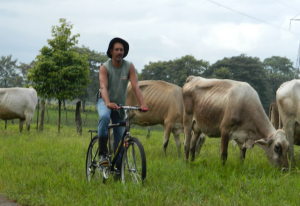
The answer, for some, is simple: Use a bicycle. This at first seems unrealistic. The amount of ground to be covered each day and the uneven terrain to navigate together make you think that this is not a good long-term answer. But, it is. And Javier Venegas is one of many who can attest to the practicality and financial pluses of replacing a horse with a bike.
The owners of large farms have regular need of cowboys out with the herds. They need men to move the cattle from pasture to pasture and to protect the cattle from being rustled by thieves and the poor who may think that one or two missing cattle won’t count to the owner. Traditionally, the cowboys rode around on horses all day—and some still do—but not Javier. Javier is a mountain bike rider and, on a daily basis, he herds a hundred head of cattle for the owners of a ranch named Plazuelas.
Work in the countryside begins at 5 a.m. and lasts until noon and, after a rest period, tasks are resumed for the afternoon. Now, not all work on a ranch requires use of a horse; but, even so, the horses can only be on the job for about 40 hours a week.
Just like many of the cowboys in America (in movies and real life) these men own their own horses—they are not provided to them. This means that part of their earnings goes back into feeding their animals, shoeing or trimming their feet, and any vet bills that may be necessary for treating injuries or for maintenance (worming, vaccinations, floating (filing) teeth, etc.). This can cost as much as $50 (U.S.) a week in Nicaragua and this is very expensive for a rural population that is quite poor. The bike, however, is always at the ready and is much cheaper to maintain. In fact, Javier is a bike lover, so he is fortunate to be able to ride his preferred method of transportation and get paid while doing it.
The first thought that came to me while writing this was that it seemed like a lot of extra physical effort would be needed to herd cattle with a bike. Professional trainers and competitive riders will attest that riding a horse is not a passive effort, but if most of the cowboys’ day is spent at the walk, with occasional trotting and cantering, they really don’t get much exercise. According to Javier, the bicycles are not difficult to maneuver and often offer easier access to some terrain than the horse. As well, many of the men prefer the extra exercise on the bikes and view cycling as a chance to become fit on the job. The only job the horse seems to do better than the bikes is move quite fast at sudden notice, but they can only maintain that for so long and this is not a regular need.
Overall, the trend in the Rivas area is toward eliminating the use of horses and purchasing mountain bikes from EcoBici instead. This is a much more cost-efficient decision for the cowboys of Nicaragua and certainly presents a much lighter economic and ecological footprint option than helicopter wrangling or disrupting the local wildlife habitats by blocking watering holes. Yet again, American bicycles have a multifaceted impact on a multitude of lives and lifestyles. Maybe some of our own cattlemen should read this newsletter.

